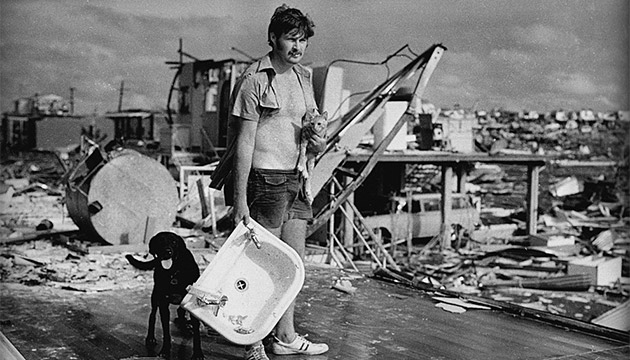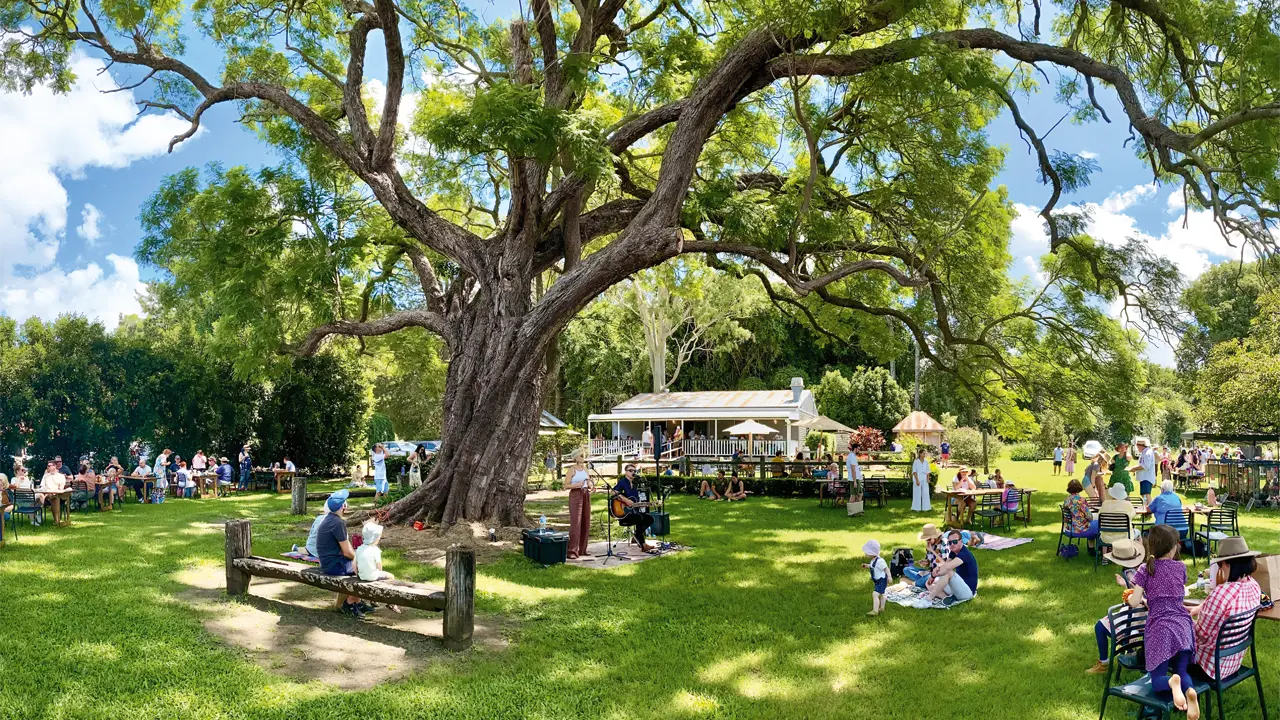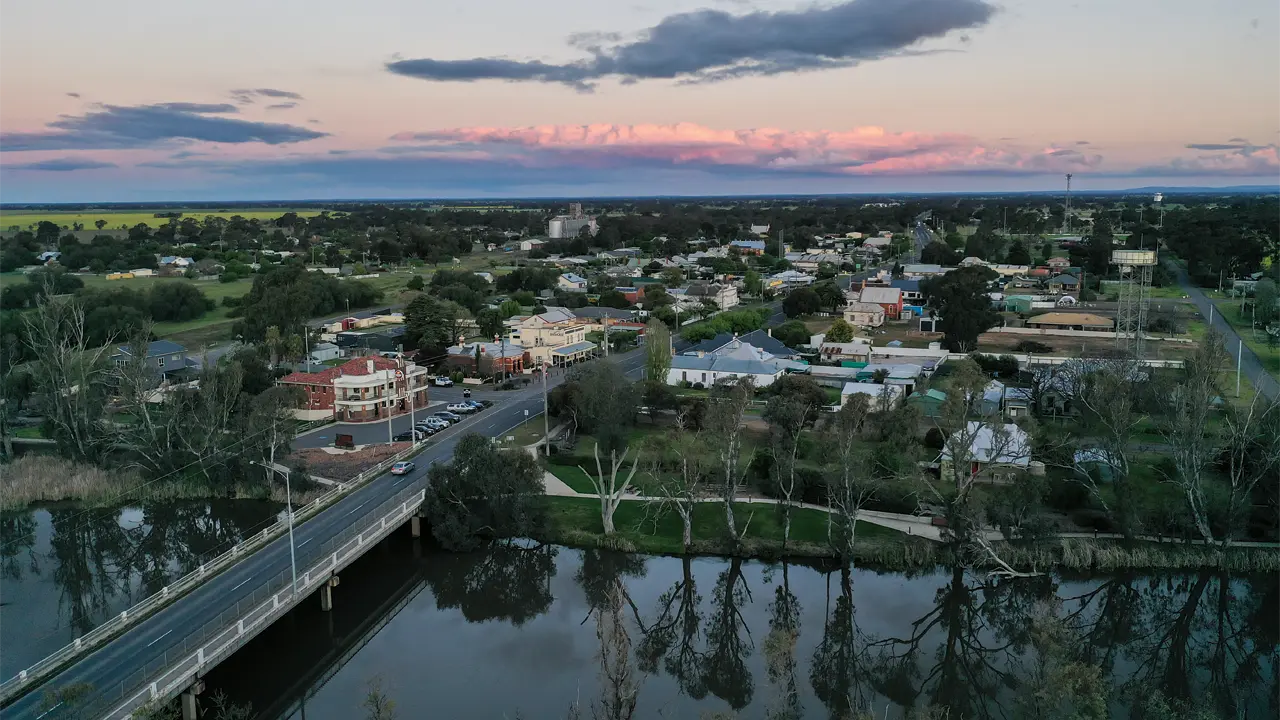It’s 40 years since Cyclone Tracy destroyed Darwin. As a news correspondent, John Dunn arrived there just hours after it hit to cover the most devastating natural disaster in the nation’s recorded history.
Story By John Dunn
My Christmas afternoon in 1974 was spent mostly on the phone, attempting to determine the full extent of the disaster of Cyclone Tracy. There were calls to police, government officials and, most importantly of all, to the airlines, which were providing the only transport link into the stricken city of Darwin.
Credentials established, and, with a promise to bring personal provisions – tinned meat and biscuits – a seat was allocated the next morning on a Qantas jumbo jet from Sydney. It was one of many aircraft from the southern capitals flying shuttles to evacuate thousands of people from a place that suddenly had no facilities or basic services of any kind.
As a Time correspondent I was the only passenger on one of those jets, but my solitude didn’t last long, because Darwin airport was a mass of unnerved and uncertain people trying to flee. Getting in to the city depended on a lift, because there were neither buses nor taxis. There was one distraught but helpful resident who had come to check on his light plane. It was nowhere to be seen – he found the wreckage days later, blown more than a kilometre away.
So into town, past flattened houses and wrecked business centres and buildings. At that early stage nothing was operating. Shops were shut, hotels closed. People, dazed and shocked, wandered the streets aimlessly, overwhelmed by the damage.
Where to stay? The Travelodge (now a Hilton) had been an accommodation choice on a previous visit and its sturdy frame had survived the onslaught, but not without damage – it was roofless, windowless and abandoned.
Its swimming pool was a car park of smashed vehicles piled on top of each other in a sea of sludge and oil. The doors were open, but the foyer was ghostly, deserted and silent, except for the rush of water cascading down the stairs.
On a panel behind the reception desk the rows of room keys swung with the wind. Select one – 505. High enough to be above the carnage of the early floors but low enough in this lifeless, lift-less building to cope with the waterfall, which was the stair well. The room was sodden, with the carpet resembling a furry paddling pool as the almost horizontal rain continued to sweep through the shattered window. But the bed, because of its elevation, was dry. Number 505 was far from five-star but it was a base from which to begin.
This Story is from Issue #98
Outback Magazine: Dec/Jan 2015









